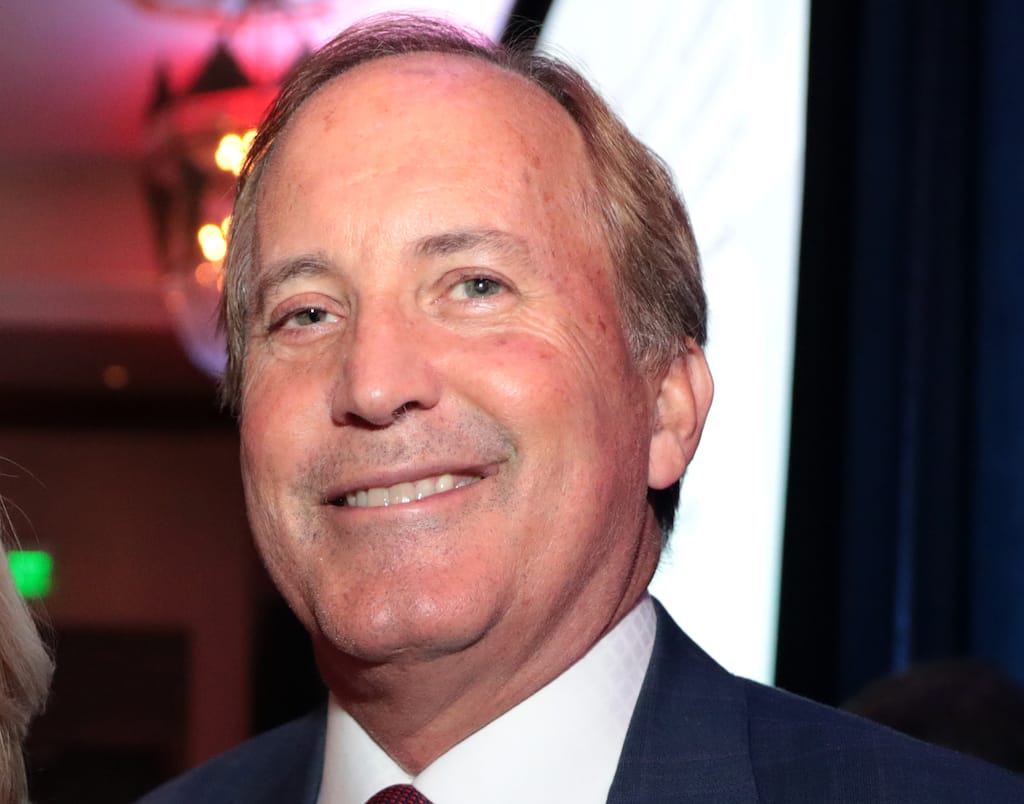New ‘Dig Once’ Policy from White House, Texas Social Media Law Stayed, Starry Defaults on RDOF
Biden-Harris administration implements new action plan to expedite infrastructure projects, including a new “dig once” policy.
Zoey Howell-Brown

October 13, 2022 — The Biden Administration on Thursday announced a new action plan to expedite infrastructure projects, including a new “dig once” policy to support broadband, transportation and electrification, according to a White House fact sheet.
“Dig Once” policies allow local or state government agencies to coordinate with utility companies to build broadband through the installation of conduit. This broadband deployment policy is implemented in transportation infrastructure plans to avoid digging in the highways more than once, lowering the cost of building new infrastructure.
In May 2022, the Biden-Harris Administration released a new Permitting Action Plan focused on transparent infrastructure projects guided by science and “complete environmental effects analysis,” including public input into such infrastructure projects
The fact sheet released Thursday describes federal actions to address challenges and speed up the planning, design and construction of infrastructure projects across transportation and broadband.
Key actions include launching the Department of Transportation Project Delivery Center of Excellence’ to support transportation infrastructure. This program is a federal-state collaborative partnership that identifies and deploys new ways to accelerate the delivery of highway infrastructure, including innovations applicable to transit and rail projects.
Circuit court stays implementation of Texas social media law
The United States Fifth Circuit Court of Appeals approved the request of the plaintiffs in NetChoice v. Paxton to stay the implementation os Texas’ Social Media Law H.B. 20.
In September, the Fifth Circuit rejected NetChoice’s lawsuit seeking to invalidate the Texas social media law that prevents social media networks from censoring, or moderating, users’ online posts based upon their viewpoints.
In response to a request from Broadband Breakfast, Computer and Communications Industray Association President Matt Schruers said that an appeal to the Supreme Court on the matter was possible:
“We appreciate that the Fifth Circuit has prevented the Texas social media law from taking effect before this issue is fully resolved,” Schruers said in a statement.
“A Supreme Court appeal is one of several options available to us. But there isn’t any question whether states can mandate digital services carry particular viewpoints and mandate speech is almost certainly destined for the Supreme Court.
“The First Amendment protects citizens and businesses alike from government-compelled speech, and we are confident that state laws attempting to do so will not stand.”
Starry defaults on RDOF bids
The Wireless Competition Bureau of the Federal Communications Commission on Wednesday released a public notice of service providers who defaulted on their bids in the Rural Digital Opportunity Fund, including Wireless Internet Service Provider Starry.
RDOF provided $20 billion in 10 years of funding broadband for rural communities. Starry told the Federal Communications Commission that it “planned to default on all its winning bids,” according to the public notice.
Starry, whose legal names is Connect Everyone LLC, had been awarded $265 million to deploy broadband services in Arizona, Colorado, Illinois, Mississippi, Nevada, Ohio, Pennsylvania, and Virginia.








Member discussion